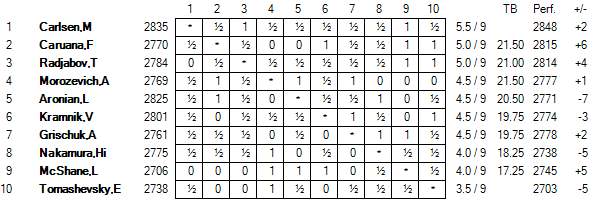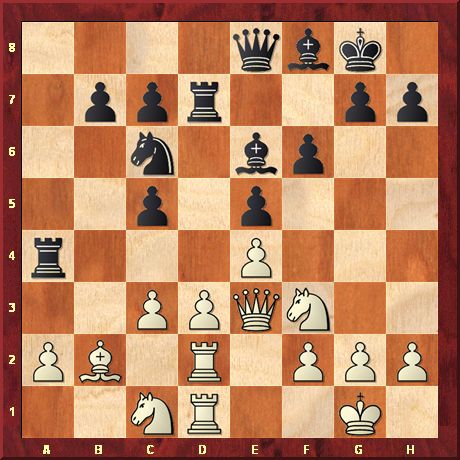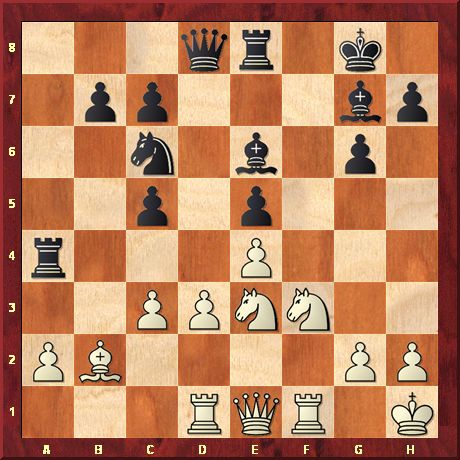This column draws to a close with a look at the oldest chess association in the country.
IT WAS about this time 40 years ago that I heard from school friends that a formal chess club was to be set up in Penang. There had never been one before despite a strong presence of student chess activities in the state.
 Dr Yeoh Bok Choon, president of the Johor Chess Club.
Dr Yeoh Bok Choon, president of the Johor Chess Club.
Intrigued, I joined my chess mates at the Penang Public Library – which was located on the top floor of the imposing Penang Supreme Court heritage building in Farquhar Street, George Town – on March 12, 1972, just as the inaugural meeting was being called to order.
If I remember correctly, there were about 50 people, both young and old, congregating around several chess boards in a section of the library on that Sunday in 1972. The number surprised me as I didn’t know then that the game already had such a wide appeal among adults at a time when the Internet was still unheard of.
Like me, they had come specially for this chess meeting. Like me, they had heard about it from friends. There were no such conveniences then like e-mails or electronic bulletin boards or the world-wide Web. Just plain old-fashioned word-of-mouth or telephone calls or the rare one-column inch announcements in the newspapers.
As I was still below 18 at the time, I had to sign up as a junior member of the fledgling Penang Chess Association (PCA). Such was my enthusiasm that I could not care about requiring approval for joining a society outside school.
It’s hard for me to believe that 40 years have gone by. Possibly, of all the people who attended the inaugural meeting, I am the only one remaining who is still active enough in this game. The only one left, so to speak, to remind the PCA that they must celebrate their 40th anniversary this year with a big bang.
In my opinion, the Penang heritage city international chess championship at the end of this year should be the perfect forum for them to do so and I hope they will make full use of the opportunity to celebrate this once-in-a-lifetime occurrence.
In the same vein, I also wish to remind the Malaysian Chess Federation and the Chess Association of Selangor that they, too, must celebrate their own 40th anniversary in 2014. We all owe it to the chess enthusiasts in the country, estimated at 100,000 or more.
Chess is no longer the domain of the supposedly intellectuals; it has seeped down to a new generation of grassroots in the urban and non-urban areas of society.
Enlightened educationists now recognise chess as a useful training tool for the mind. That’s why more and more countries have included chess in their school curriculum.
The Chess In School programme, an ongoing movement championed by the World Chess Federation, is bearing fruit.
I have always maintained that in this modern era, the PCA was the oldest chess association in the country. After it was established in 1972, both the Malaysian Chess Federation and the Chess Association of Selangor were formed in 1974.
Some may argue that the Johor Chess Club already existed long before 1972. I would not dispute that but unfortunately, the Johor Chess Club is defunct and its functions have been taken over by the newer Johor Chess Association.
The Johor Chess Club would always be synonymous with its president, Dr Yeoh Bok Choon. For a long time, he cast a long shadow over chess development in Johor as well as Singapore.
Dr Yeoh was an athlete. He was the first schoolboy ever to win gold medals at a Malayan or Malaysian Amateur Athletic Association meet. That was in 1930. After completing his secondary education at the Penang Free School, he proceeded to the King Edward VII College of Medicine in Singapore.
He honed his chess skills in tournaments there and even became the Singapore Chess Club champion in 1947. Today, that’s the equivalent of becoming the Singapore national champion.
He worked in Singapore after graduation but by 1951, he had relocated to Johor Baru where he became the state surgeon. In October that year, he formed the Johor Chess Club and became its first president.
This much I know about the man. A few months ago, I wanted to know more about him because I was then involved in a book project for The Old Frees’ Association in Penang. However, all my efforts were stymied as nobody from the present generation of chess players in Johor seemed able to provide any information on him.
As far as they were aware, after Dr Yeoh passed away in 1983, his family moved to the Klang Valley, and they lost contact with his family.
By a curious coincidence, about two weeks ago, I received an e-mail from someone in Singapore who, as part of his research into the history of Singapore chess, had wanted to know whether I have any useful information to share with him.
Inevitably our e-mail exchanges gravitated to the topic of Dr Yeoh. This chap from Singapore told me that the name did crop up in conversations recently with their 100-year-old Mah Beng Guan, who was the secretary of the Singapore Chess Club in the 1950s. Mah remembered Dr Yeoh but could not offer more information than what I already know.
This is the end of my quest to dig into details about the former Johor state surgeon. But there is still a very slim chance that his family may be reading this column and if so, I would very much welcome their effort to contact me at
ssquah@yahoo.com
The end of the Johor Chess Club typifies that nothing is permanent in this world. Chess clubs come and go; people come and go. And chess columns also come and go.
That’s right, folks. This weekly chess column ends with this final article from me. The last four years – no, I should say the last 32 years – have been a great time for me. Though not a staff, I have grown with the best newspaper in the country. In the process, I have made many firm friends there. What the future holds, I do not know. But I do know that some day, we may meet again.
Goodbye. -The Star








